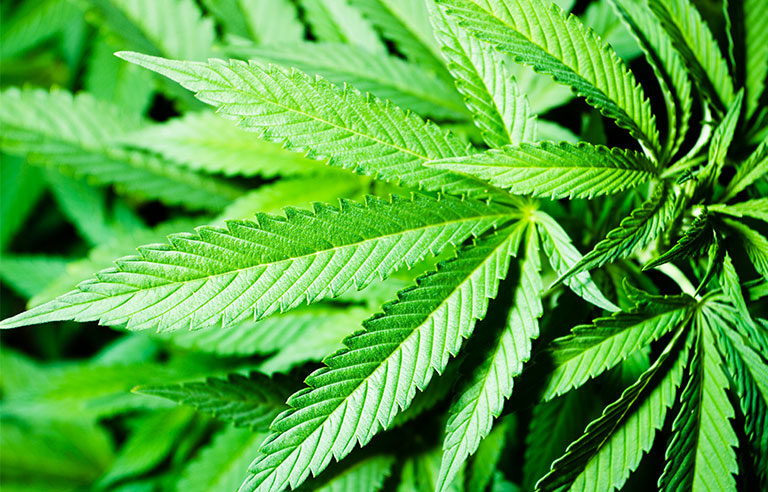Many truckers say marijuana legalization doesn’t impact safety: report

Photo: gaspr13/iStockphoto
Washington — Although initial data suggests that marijuana legalization has “negatively impacted highway safety,” it’s still “too soon to calculate” an overall relationship between the two, according to a new report.
For the report, the American Transportation Research Institute – the research arm of the American Trucking Associations – analyzed data from the Federal Motor Carrier Safety Administration Drug and Alcohol Clearinghouse, existing research, and ATRI surveys of truck drivers and motor carriers on the effect of marijuana legalization on driving and industry operations.
Findings show that, from 2020 to 2022, more than 100,000 truck drivers tested positive for marijuana through the clearinghouse and were removed from duty. Although those drivers may return to work after “a series of remedial steps are taken,” the report claims the positive tests contributed to a perceived driver shortage that has remained an industry issue in recent years. Previous studies have found an increase in nonfatal crashes related to marijuana legalization.
Among the 3,300-plus drivers who responded to the survey, 55.4% believe marijuana legalization hasn’t impacted highway safety, while 34.1% said it has.
Around half of the drivers (50.2%) reported that it’s either very common or common for truckers to leave the industry for work that doesn’t require testing for marijuana. Within the survey of more than 230 carriers, 56.3% said they’d be willing to hire a driver with a previous positive drug test.
Still, 62% of the carriers favored changes to federal drug-testing policies, with 47% of that group calling for a sobriety or impairment test to help distinguish between drivers who use marijuana recreationally and those who use the substance while on duty.
“The impacts of impairment on individual drivers and overall highway safety have yet to be adequately documented through research,” the report states. “Testing impaired individuals through a quantitative measurement – which has been key to combating drunk driving – remains elusive in the case of marijuana. There is not even a definition or quantitative threshold for marijuana impairment.”
Post a comment to this article
Safety+Health welcomes comments that promote respectful dialogue. Please stay on topic. Comments that contain personal attacks, profanity or abusive language – or those aggressively promoting products or services – will be removed. We reserve the right to determine which comments violate our comment policy. (Anonymous comments are welcome; merely skip the “name” field in the comment box. An email address is required but will not be included with your comment.)

